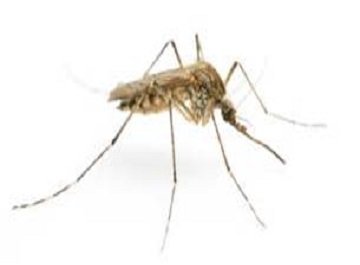GM mosquitoes: Weapon against malaria
June 11, 2014 | Wednesday | News | By BioSpectrum Bureau
GM mosquitoes: Weapon against malaria
GM mosquitoes can cure to malaria
The sex selection technique produces a generation of mosquitoes which are 95 percent male, as opposed to 50 percent in normal populations as reported.
Production of only a sperm reduces the number of females, leading to a dramatic reduction in the population and eventual decimation. This curbes the risk to humans as the malarial parasite is transmitted through the blood-sucking female mosquitoes.
"Malaria is debilitating, often fatal and we need to find new ways of tackling it," said study leader Ms Andrea Crisanti, a professor at Imperial College London.
"We think our innovative approach is a huge step forward. For the very first time, we have been able to inhibit the production of female offspring in the laboratory, and this provides a new means to eliminate the disease."
Malaria kills more than 600,000 people each year, as per the World Health Organisation (WHO) statistics.
The result of six years' work, the method focuses on Anopheles gambiae mosquitoes, the most dangerous transmitters of the malaria parasite.
Scientists injected a stretch of enzyme DNA into the genetic code of male mosquito embryos. The modification essentially shreds the X chromosome during sperm production in adults. As a result, almost no functioning sperm carried the X chromosome, which determines the female offspring. Instead, most sperm carried the Y chromosome, which produces males.
The modified mosquitoes were put to the test in five cages, each containing 50 genetically modified males and 50 normal, wild females. In four of the five cages, the entire population was wiped out within six generations because of the progressively greater shortage of females.
Modified male mosquitoes produced only male heirs, which did the same until there were no females left.
"The research is still in its early days, but I am really hopeful that this new approach could ultimately lead to a cheap and effective way to eliminate malaria from entire regions," said Prof. Roberto Galizi, Imperial college London.
Commenting on the research, University of Oxford specialist Mr Michael Bonsall said the research was "super cool work."
"This has important implications for limiting the spread of malaria," he added. "It will be very exciting to see how this specific technology is now taken forward."









